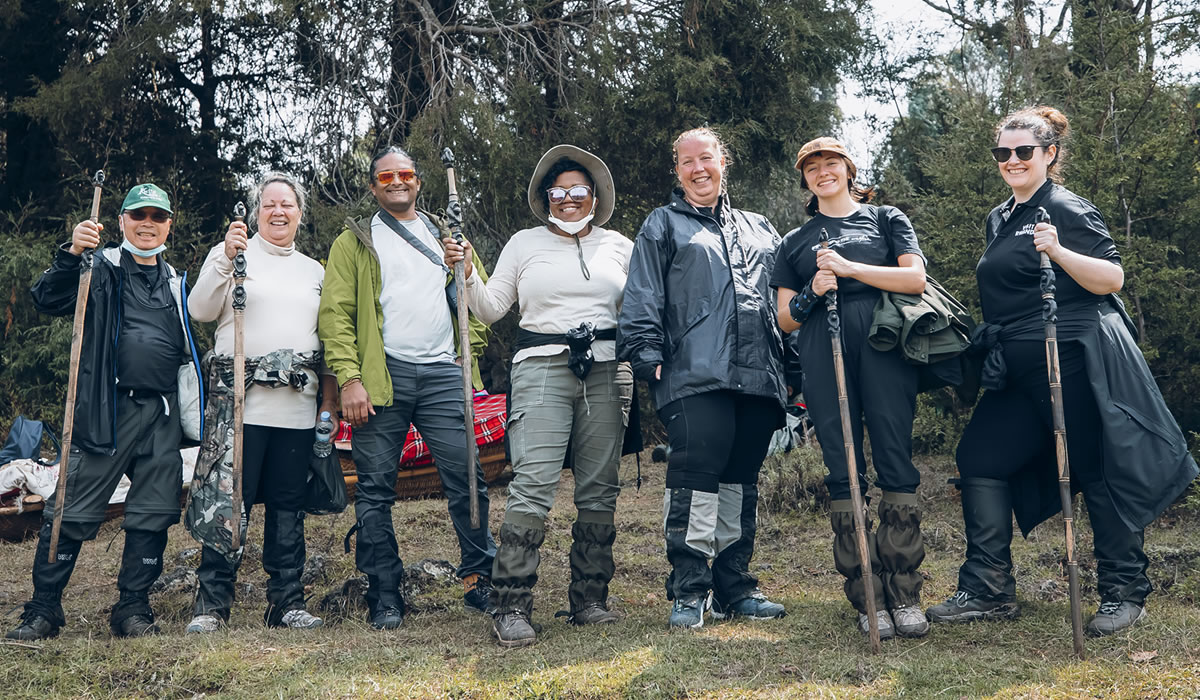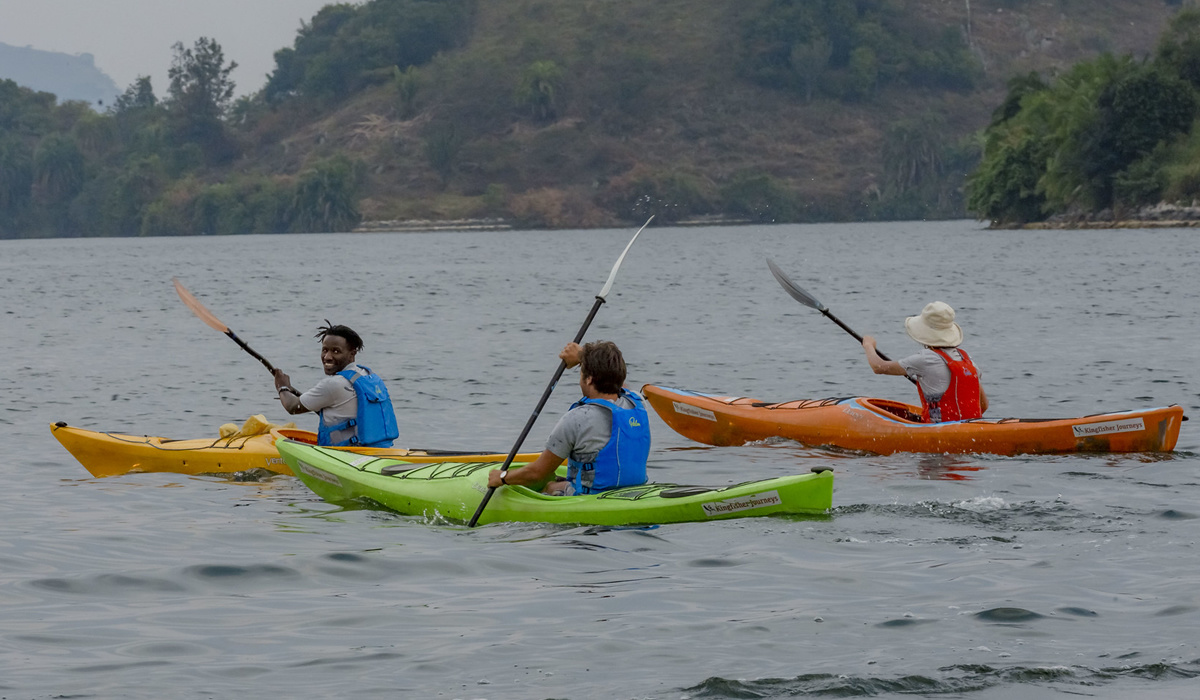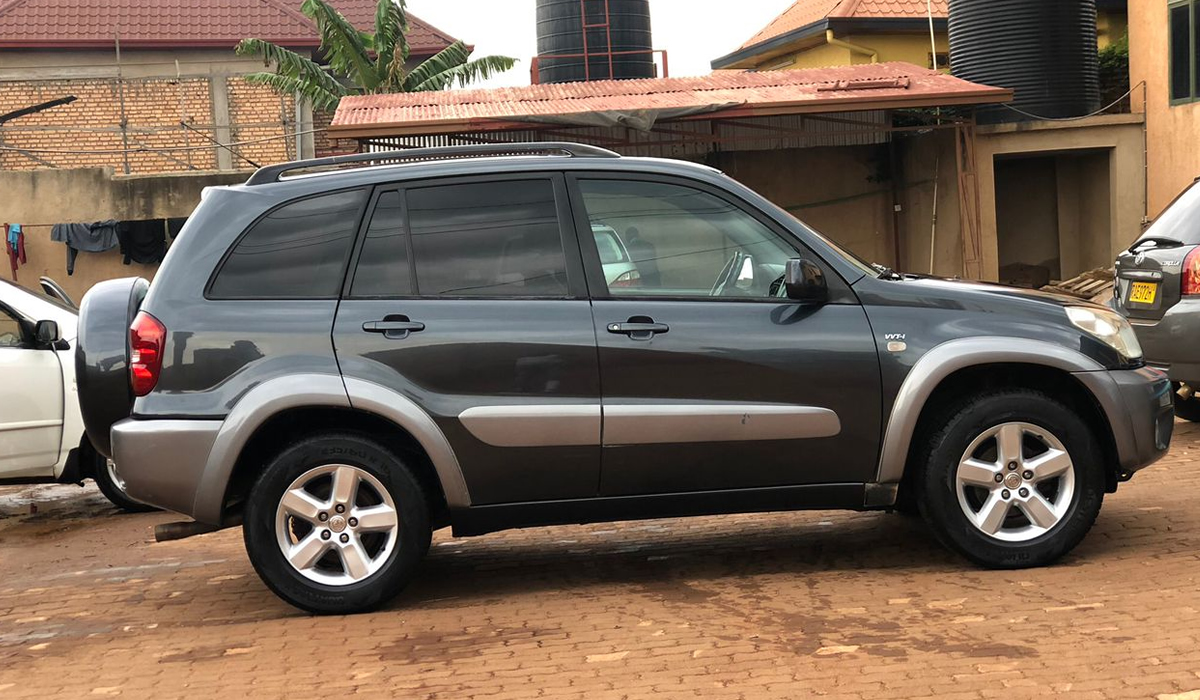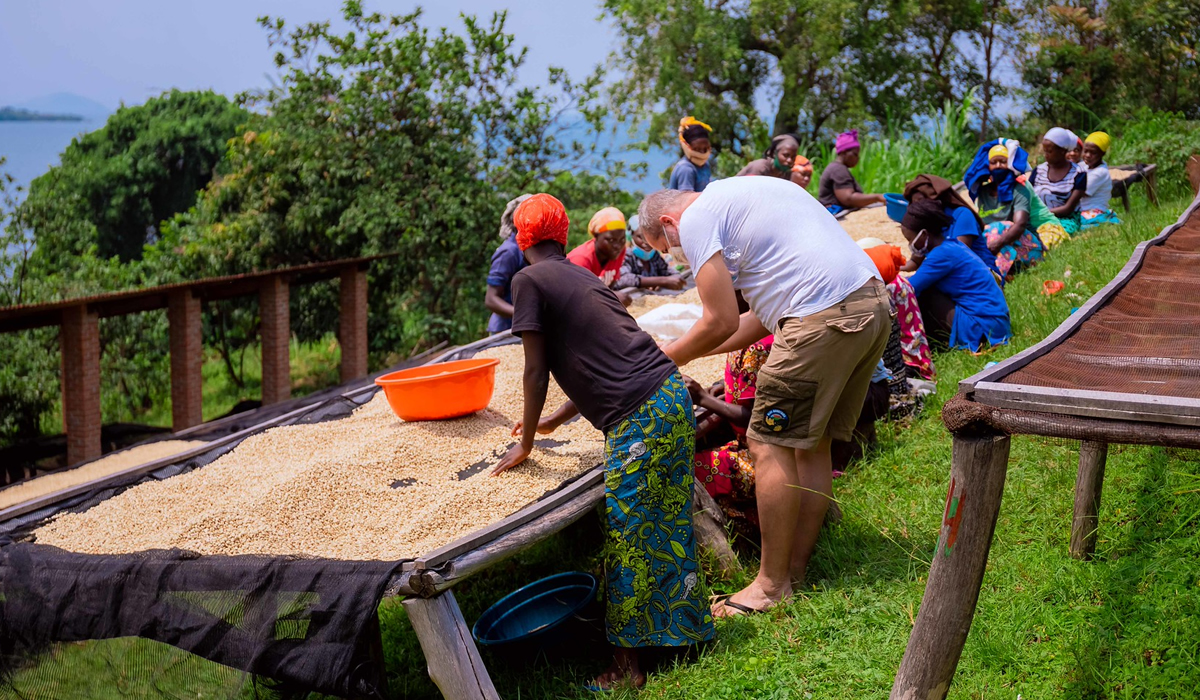Rwanda has steadily positioned itself as one of Africa’s most exciting destinations for immersive, nature…

Is Rwanda Safe for Tourists?
Rwanda is rapidly rising as one of Africa’s top travel destinations. With its lush landscapes, clean cities, rich culture, and unforgettable gorilla trekking experiences, the country offers a unique and rewarding experience for visitors. However, one of the most common questions potential travellers ask is, “Is Rwanda safe for tourists?” The answer is a confident yes. Rwanda is widely considered one of the safest countries in Africa for tourists. In fact, safety and security are among the country’s biggest selling points. This article will provide you with detailed safety information, practical travel tips, and insights into why Rwanda is such a peaceful and welcoming destination.
Rwanda’s Reputation for Safety
Rwanda’s reputation for safety is well earned. According to global indexes and travel advisories, Rwanda consistently ranks among the safest countries on the African continent. The capital city, Kigali, is often listed as one of the cleanest and safest cities in Africa. Crime rates are low compared to other regional and global cities, and the country boasts an impressive level of organization, infrastructure, and law enforcement.
The Rwandan government places a high priority on national security and has implemented efficient policing and surveillance systems to ensure both locals and tourists feel safe. From the moment you land at Kigali International Airport, you will notice the country’s commitment to order and safety.
Low Crime Rates and Friendly Locals
Petty crime, such as pickpocketing or bag snatching, is rare but still possible, especially in crowded public places or markets. However, violent crime is extremely uncommon. Tourists often speak highly of their experiences with local people, describing them as warm, respectful, and helpful. Rwandans are generally proud of their country’s transformation and eager to show visitors the beauty and resilience of their homeland.
While English, French, and Kinyarwanda are commonly spoken, communication is rarely a barrier, and most people working in tourism, hospitality, and public services can communicate effectively in English.
Political Stability and Peace
Rwanda’s political landscape has remained stable for over two decades. Since the 1994 genocide against the Tutsi, the country has undergone remarkable recovery and reconciliation. Strict laws, a zero-tolerance approach to corruption, and strong governance have helped Rwanda become a role model for stability in East Africa. Political protests are rare, and any large public gathering is usually well-organized and peaceful.
That said, it is always wise to avoid political discussions or involvement in political gatherings, especially as a foreign visitor. Observing local customs and respecting the country’s laws helps ensure a smooth and enjoyable trip.
Safe Transport and Travel Infrastructure
Rwanda’s road infrastructure is among the best in East Africa. Roads are generally well-maintained, especially between major cities and tourist sites such as Volcanoes National Park, Akagera National Park, and Nyungwe Forest. Public transportation is safe and includes minibuses and motorcycle taxis (motos), which are regulated and require drivers to carry a spare helmet for passengers. However, tourists are often advised to use private transfers or trusted tour operators for comfort and convenience.
Driving in Rwanda is on the right side of the road, and traffic rules are strictly enforced. If you plan on renting a car, ensure you have an international driving permit and are comfortable driving in hilly terrain. Speed cameras and police checkpoints are common, and drivers must carry necessary documentation at all times.
Health and Medical Safety in Rwanda
While Rwanda is safe in terms of crime and political stability, it’s important to consider health precautions when traveling. The country is located in a tropical region, so vaccinations and preventative measures are recommended.
Here are key health tips:
- Vaccinations: Yellow fever vaccination is required for all travelers entering Rwanda. Other recommended vaccinations include hepatitis A and B, typhoid, tetanus, and rabies (for those who plan to spend extended time outdoors or in remote areas).
- Malaria: Malaria is present in Rwanda, although the risk is lower in higher altitude areas like Kigali and the Volcanoes National Park. Use mosquito repellent, wear long sleeves in the evening, and sleep under mosquito nets when available. Consult your doctor about antimalarial medication.
- Drinking Water: Tap water is not considered safe to drink. It’s advisable to drink bottled or filtered water, which is widely available in shops and hotels.
- Medical Services: Kigali has several private clinics and hospitals with good standards of care, such as King Faisal Hospital and Legacy Clinics. Outside the capital, medical facilities may be more basic, so travel insurance that covers emergency evacuation is highly recommended.
Gorilla Trekking Safety
One of Rwanda’s main tourist attractions is gorilla trekking in Volcanoes National Park. This experience is not only safe but also tightly regulated by the Rwanda Development Board to protect both the animals and the tourists.
Trained park rangers accompany all trekking groups, and tourists are given a safety briefing before each trek. Rules include maintaining a safe distance from the gorillas, avoiding sudden movements or loud noises, and not trekking if you have a contagious illness. The gorillas are habituated to humans and are generally calm and non-aggressive. Accidents are rare, and the trek itself, though physically demanding, is conducted with utmost care.
Women Travellers in Rwanda
Rwanda is considered one of the safest African countries for solo female travellers. Women can walk around Kigali safely during the day and even in the evenings in well-lit areas. Catcalling or harassment is not common, and local women actively participate in the workforce and leadership, reflecting the country’s progressive stance on gender equality.
As a precaution, female travellers should still dress modestly, especially in rural areas, and avoid isolated places after dark.
Useful Travel Tips for Staying Safe in Rwanda
- Register with Your Embassy: Especially for long stays, let your embassy know you are in Rwanda in case of emergencies.
- Stay Informed: Monitor local news and follow any travel advisories from your country’s government.
- Respect Local Customs: Rwandans value politeness and formality. Always greet people before asking questions, and avoid pointing or raising your voice.
- Use Reputable Tour Operators: Whether you are going gorilla trekking or visiting national parks, book with registered and experienced tour operators to ensure a safe and high-quality experience.
- Stay in Secure Accommodations: Kigali offers a wide range of hotels, guesthouses, and lodges, many of which have 24/7 security, safes, and reliable services.
- Avoid Border Areas at Night: While border crossings into Uganda, Tanzania, and the Democratic Republic of Congo are generally safe during the day, avoid traveling near remote border areas after dark.
Yes, Rwanda is very safe for tourists. Whether you are a solo backpacker, a family on vacation, or a couple seeking adventure, Rwanda welcomes you with open arms and a secure environment. The country’s commitment to peace, cleanliness, and order, along with its warm hospitality, makes it an ideal destination for travellers looking for something extraordinary in Africa.
While it is always important to remain cautious and prepared as you would in any other country, Rwanda’s safety, combined with its stunning natural beauty and rich culture, offers one of the most fulfilling travel experiences on the continent. So pack your bags, plan your safari, and enjoy the magic of Rwanda without worry.



